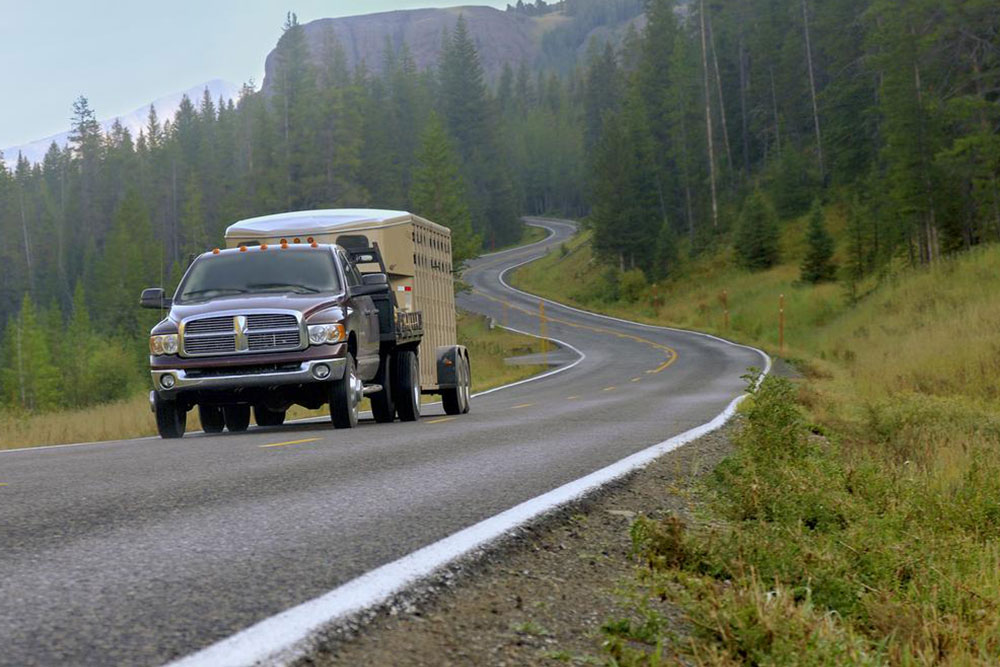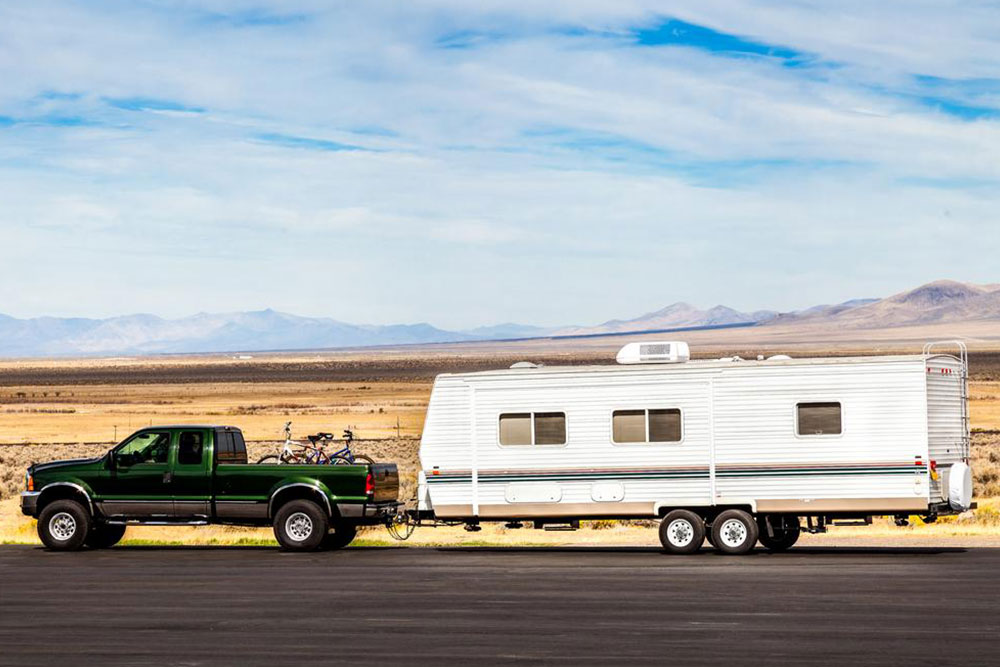Comprehensive Guide to Renting a Moving Truck for Your Relocation
This comprehensive guide provides essential tips for renting a moving truck, covering planning, choosing the right size, comparing prices, route inspection, insurance, and safety tips. It aims to help individuals execute their relocation smoothly, efficiently, and cost-effectively. By following these expert recommendations, your move can be stress-free, saving time and money while ensuring your belongings are transported safely and securely.

Comprehensive Guide to Renting a Moving Truck for Your Relocation
Embarking on a move, whether to a new home or a corporate office, is a significant event filled with anticipation and, admittedly, some stress. While hiring professional movers offers convenience and expertise, it often comes with a hefty price tag that might not suit everyone's budget. An increasingly popular, cost-effective alternative is renting a moving truck and managing the entire process on your own. This approach requires careful planning, organization, and understanding of the rental process to ensure your move is smooth, efficient, and hassle-free.
To help you navigate the truck rental process successfully, here are some detailed and practical tips that will optimize your experience and prevent common pitfalls:
Plan and reserve your truck well in advance: During peak moving seasons—typically summer months and weekends—trucks can be in high demand. To ensure availability, it’s essential to make your reservation several weeks early. Early booking not only secures your preferred vehicle but also often provides better rates and more options reflecting your specific needs.
Select the appropriate truck size: Picking the right size is crucial. Too small, and you might need multiple trips, increasing time and costs; too large, and you’ll pay more unnecessarily. Carefully estimate the volume and weight of your belongings, considering furniture, boxes, appliances, and other items to choose a truck that comfortably accommodates everything in a single trip.
Compare rental prices across multiple providers: Don't settle for the first quote you receive. Obtain estimates from various rental companies, considering factors such as rental duration, mileage, truck size, and additional fees. Be especially cautious about surcharges for rentals over weekends or during peak seasons, and look for discounts or promotions that could save you money.
Review your route and inspect the vehicle: Before setting out, verify that your planned route is suitable for truck travel—checking for restrictions, bridge heights, and weight limits. Conduct a thorough inspection of the truck for any existing damages or mechanical issues, and ensure that all safety features are functional. This helps prevent unexpected charges or breakdowns during your move.
Secure proper insurance coverage: Accidents and damages can happen despite precautions. Protect yourself by purchasing insurance coverage that includes collision, liability, and roadside assistance. Confirm what is included in the rental agreement and consider additional coverage if needed for peace of mind throughout your move.
Prepare your belongings for transportation: Use appropriate packing materials, secure loose items, and load heavy items first. Keep essential tools, documents, and personal items accessible to minimize disruption during unpacking. Proper preparation ensures safe transport and a smoother unpacking process at your destination.
Understand the rental agreement thoroughly: Read all terms and conditions carefully, including policies for return, potential additional charges, fuel requirements, and operating procedures. Clarifying these details can prevent unexpected costs or misunderstandings later on.
Arrive early on your moving day: Being punctual allows ample time for loading, documentation, and troubleshooting if needed. It also helps ensure a smooth handover and departure, reducing the stress often associated with last-minute rushing.
Follow safe driving practices: Operating a large truck requires attention and caution. Drive at moderate speeds, leave extra space between vehicles, and avoid abrupt maneuvers. If you’re unfamiliar with driving such vehicles, consider practicing beforehand or requesting assistance during the move.
Moving doesn't have to be overwhelming if you plan ahead and follow these strategic tips for renting a moving truck. Taking the time to choose the right vehicle, plan your route, and prepare your belongings will save you time, money, and stress, making your relocation experience more enjoyable and less burdensome. Whether you're moving across town or across the state, sound planning and smart choices in truck rental can significantly ease the process and help you settle into your new space smoothly.





